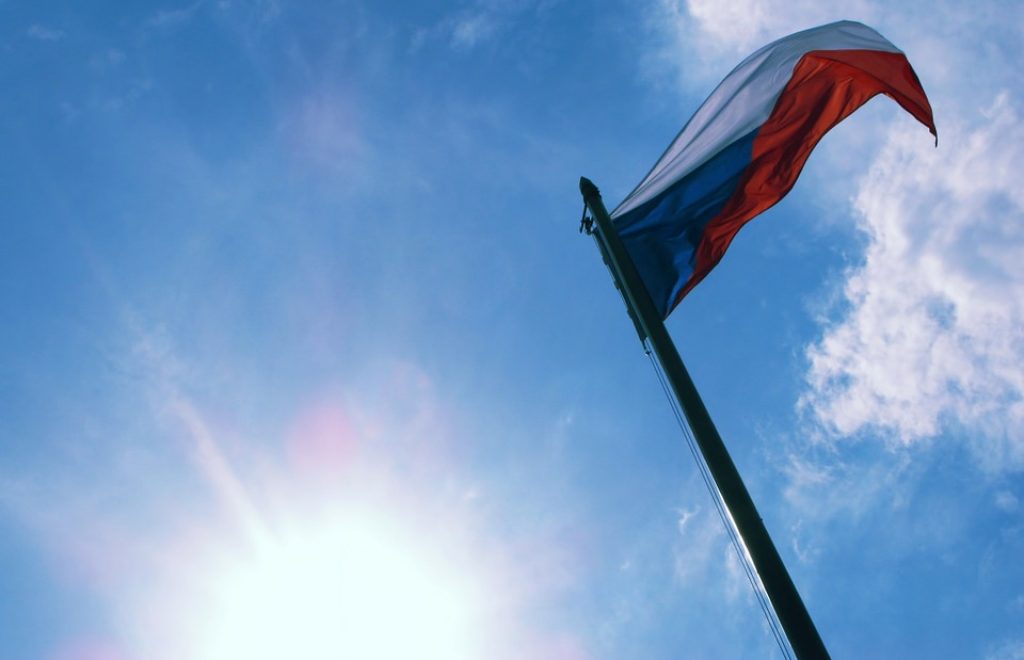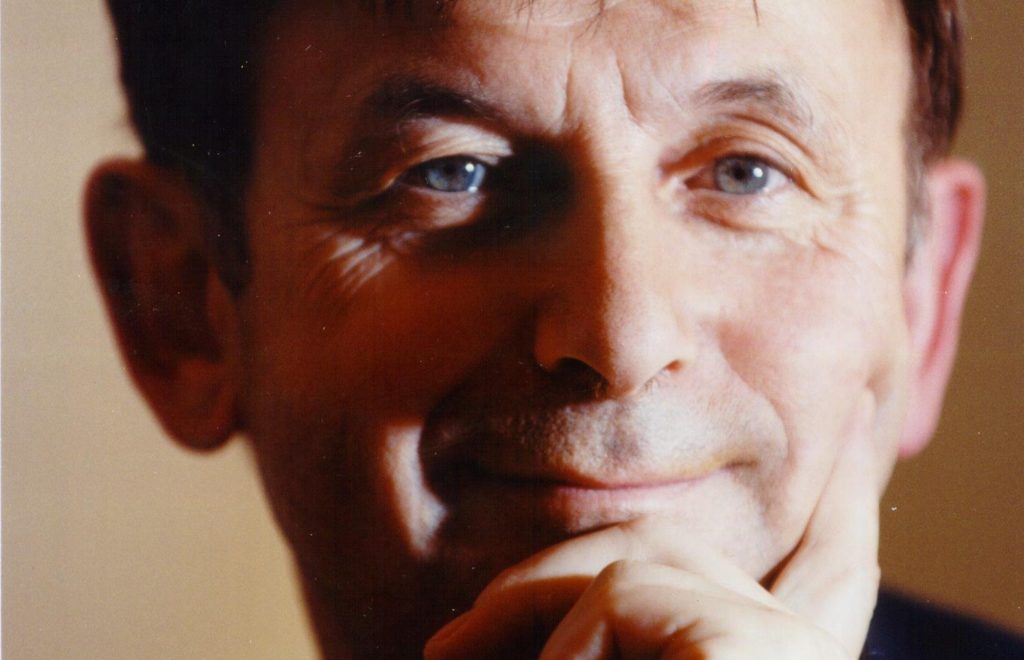A friendship that bore fruit
ZBIGNIEW ROKITA: When did the post-war contacts between Polish and Czechoslovak opposition start?
MIROSŁAW JASIŃSKI: They started as early as 1948, when the communists took power in Czechoslovakia. That was the same year as the first meeting of Czechoslovak national socialists and the Polish People’s Party. In the next decades their co-operation included different areas: meetings at the highest level, smuggling literature and printing equipment, and active engagement with Polish students of the FAMU Prague Film Academy during the Prague Spring – Agnieszka Holland was among them. Artists who were banned in Czechoslovakia often had exhibitions in Poland. For decades the churches worked together and Czechoslovak priests and nuns were secretly ordained in Poland.
October 30, 2017 - Mirosław Jasiński Zbigniew Rokita







































